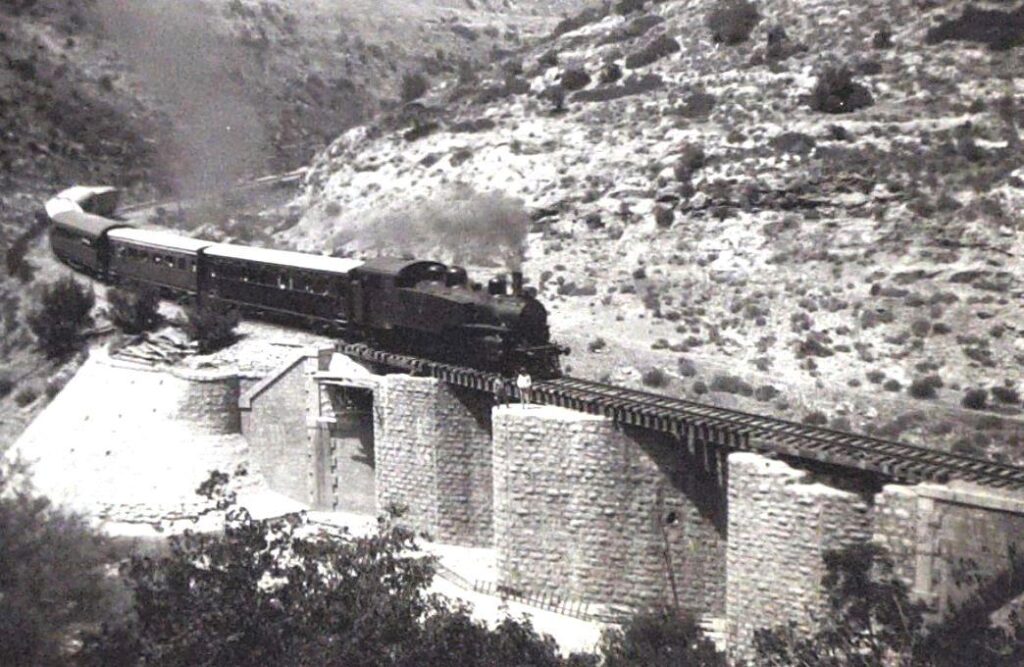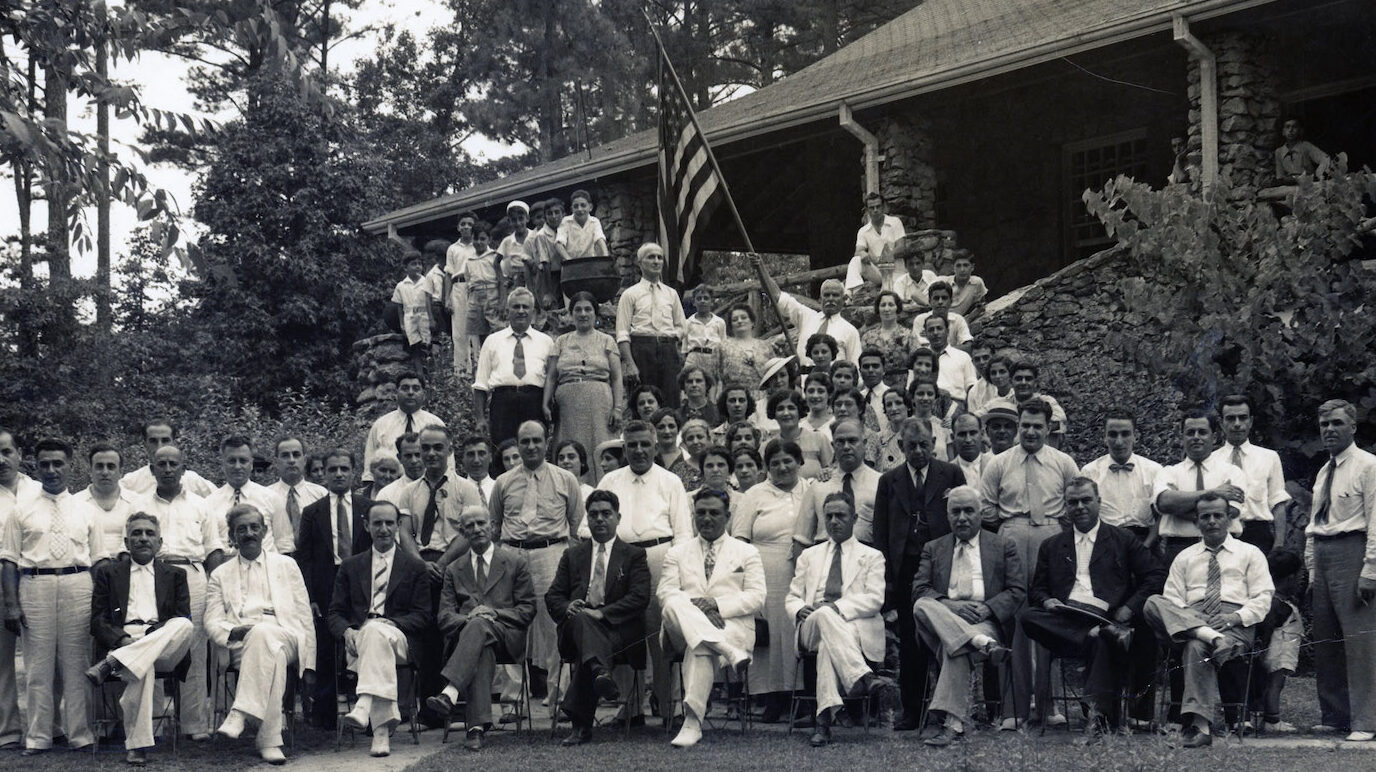Diasporic Cartographies: Poetry by Nathalie Handal, Part II
This post is written by Dr. Elizabeth Saylor, Post-Doctoral Fellow at the Khayrallah Center for Lebanese Diaspora Studies. Nathalie Handal composed the poem “Letter from the Levant” expressly for Mashriq & Mahjar: Journal of Middle East and North African Migration Studies. The poem was originally published as part of a longer piece co-authored by Dr. Lily Balloffet and Dr. Saylor. Read the first installment of this series, Diasporic Cartographies: An Interview with Nathalie Handal.
To read the full interview, please see Vol. 4 N. 1 of Mashriq & Mahjar: Journal of Middle East and North African Migration Studies.

In “Letter from the Levant,” Handal contemplates a geographic region that has experienced relentless political turmoil and the collective trauma of rupture and fragmentation, particularly over the past several generations. Not so long ago, Levantine cities and citizens were intimately connected to one another. Some still remember a time when movement between cultural centers in the Levant, or Bilād al-Shām, was the norm, not the exception. In this poem, the Palestine Railways serves as a powerful symbol of the porousness and fluidity that once characterized geo-political boundaries throughout the region. Between 1920 to 1948, Palestine Railways linked Homs and Tripoli, Baalbek and Beirut, Tyre and Acre, Haifa and Jaffa, and Jerusalem and Gaza with Baghdad and Alexandria. The railway company ceased its operations in May of 1948 when the British Mandate was dissolved and a Jewish state was founded in Palestine. By conjuring the ghost of this transit map and the constellation of points it once united, Handal mourns the loss of connection between the peoples of the Levant and the freedom of movement that Levantine citizens once enjoyed. Handal also chronicles the strategies of denial and repression that have been used to cope with the painful reality of this cultural unraveling.
However, as the poem whispers, all is not lost. Despite the fact that the Palestine Railways has ceased to exist, that Levantine peoples have been displaced by conflict, that many now live in diasporic communities scattered throughout the globe, deep connections still persist. Whether through postcards sent from distant places, shared symbolism and mythology, or memory, affiliations and attachments between this land and its people still endure. The stark antithesis between presence and absence that hovers above Handal’s words emphasizes the paradoxical rooted/routed-ness of Levantine cultural identity.[1] Despite, or perhaps by means of, the repeated negation at the outset of the poem – No places of worship, No fields, and No stars – Handal affirms the persistence and perpetuity of life in her ancestral homeland, which can still be seen, “from other windows,” offering vantage points for hope.
Letter from the Levant
By Nathalie Handal

About the Poet
The poet, playwright, travel writer, and intellectual Nathalie Handal was born to a Palestinian family from Bethlehem, raised between France, Latin America, and the Middle East, and educated in Asia, the United States and the United Kingdom. Handal’s creative work reflects her nomadic upbringing and draws inspiration from multiple languages and cultures, making her one of the most important voices of the Arab Diaspora. A weaver of words and cultures, and a wanderer among languages, landscapes, and art forms, Handal is an artist whose work so thoroughly embodies the migratory and diasporic experience. However, as she states in the following interview, “although the atlas of my being is the globe, my gaze is always East.” Handal currently lives in New York City, where she teaches creative writing at Columbia University.
Sources
[1] James Clifford. “Further Reflections: Toward Ethnographies of the Future.” Cultural Anthropology 9, no. 3 (1994), 302.
- Categories:



